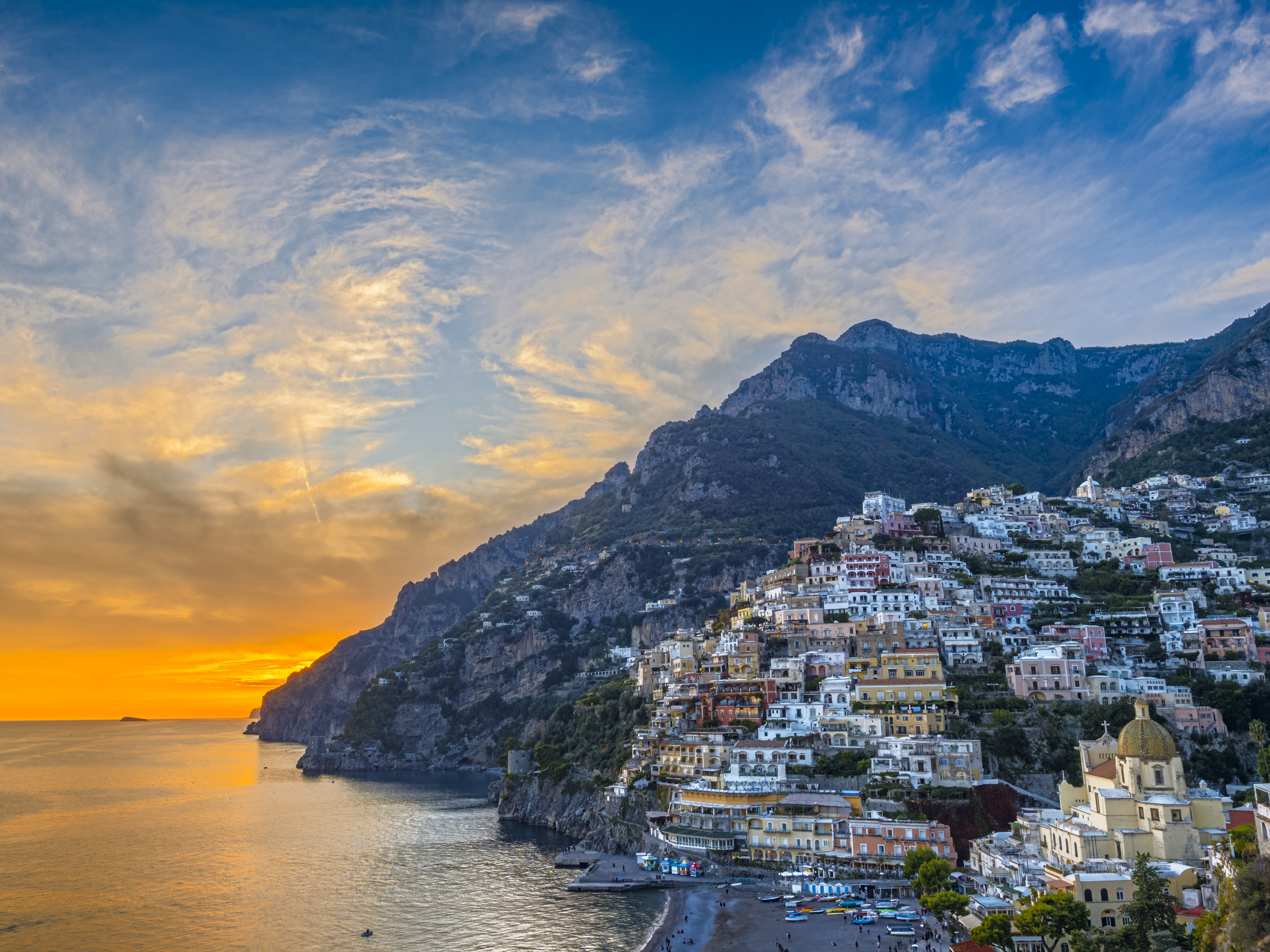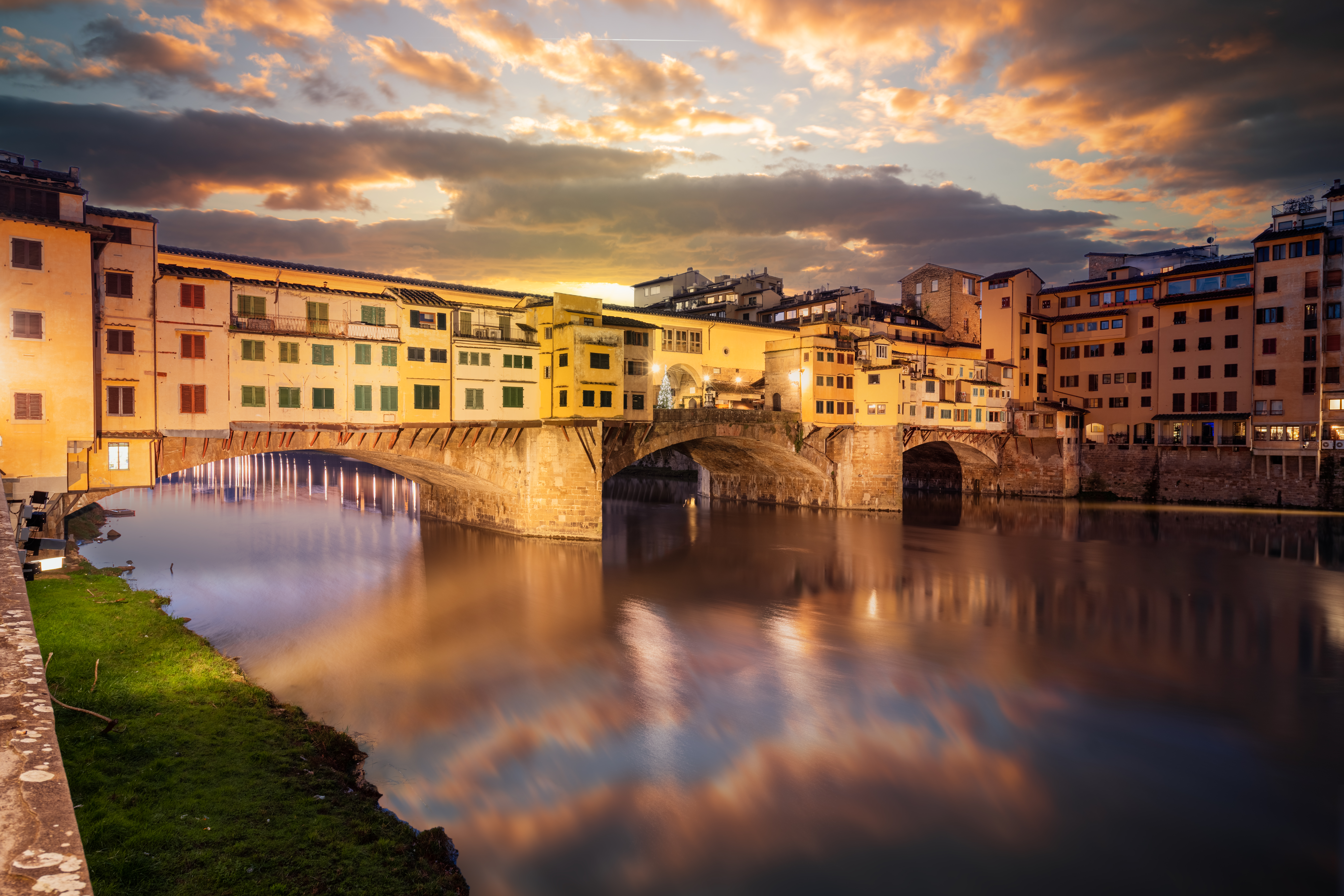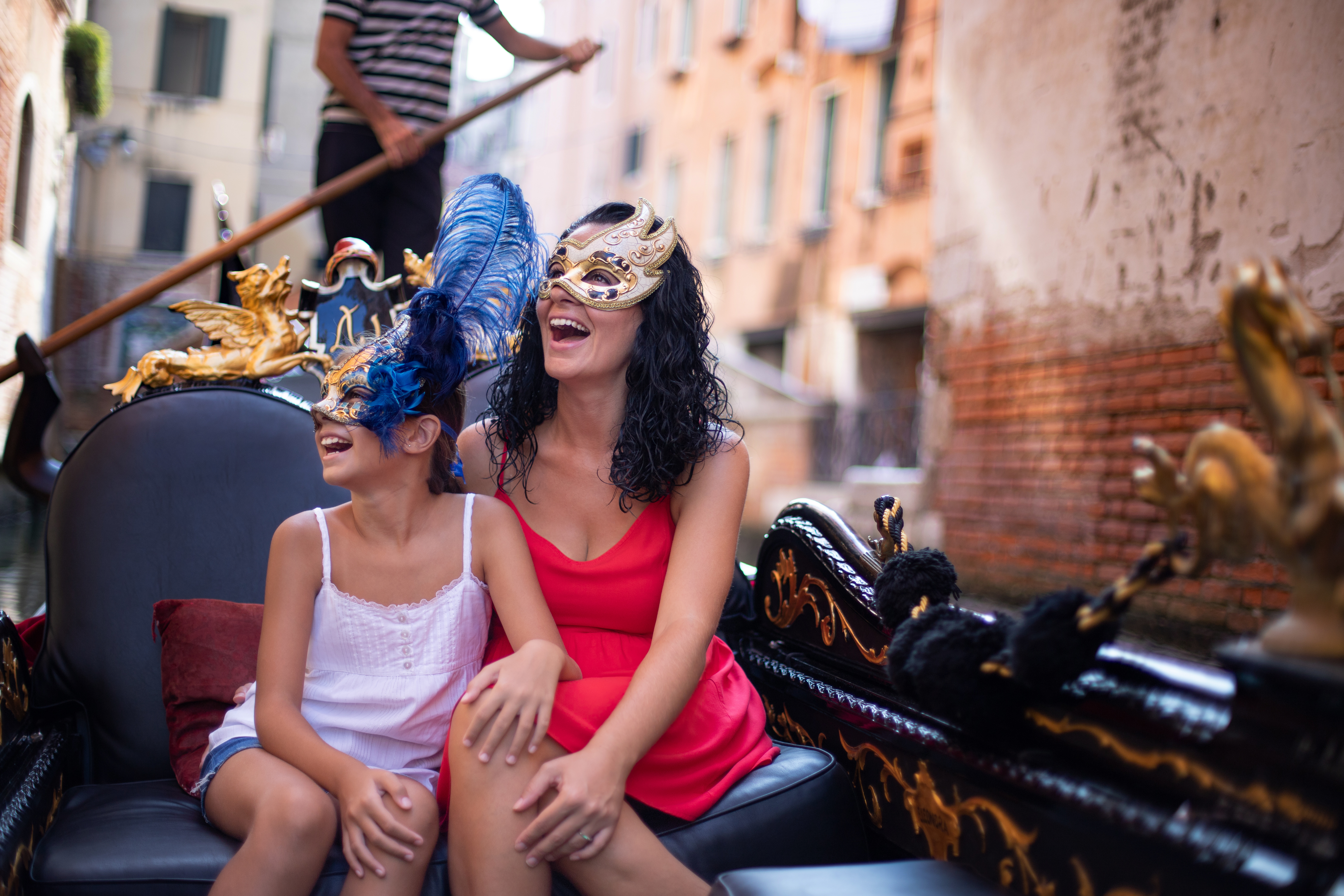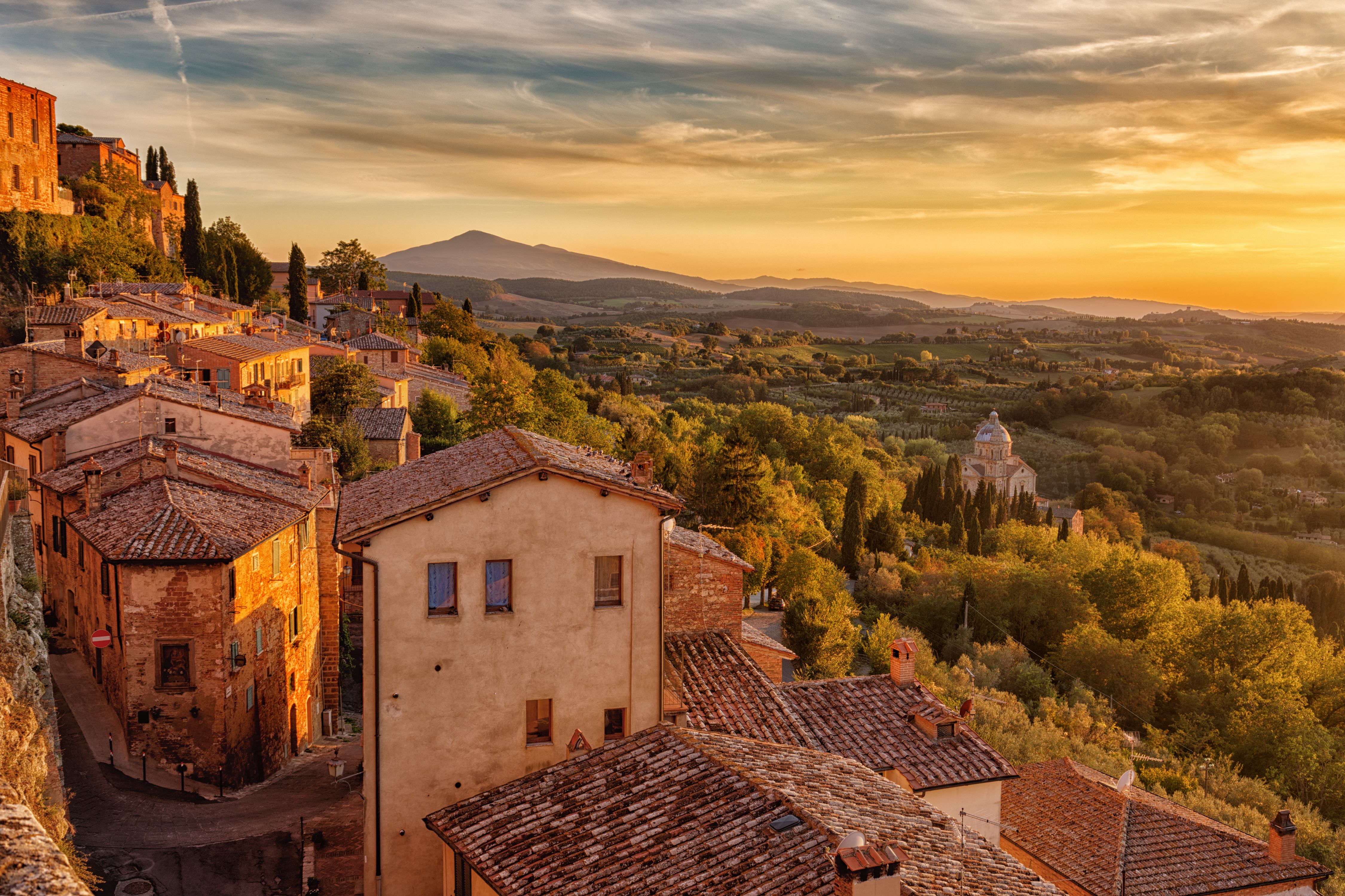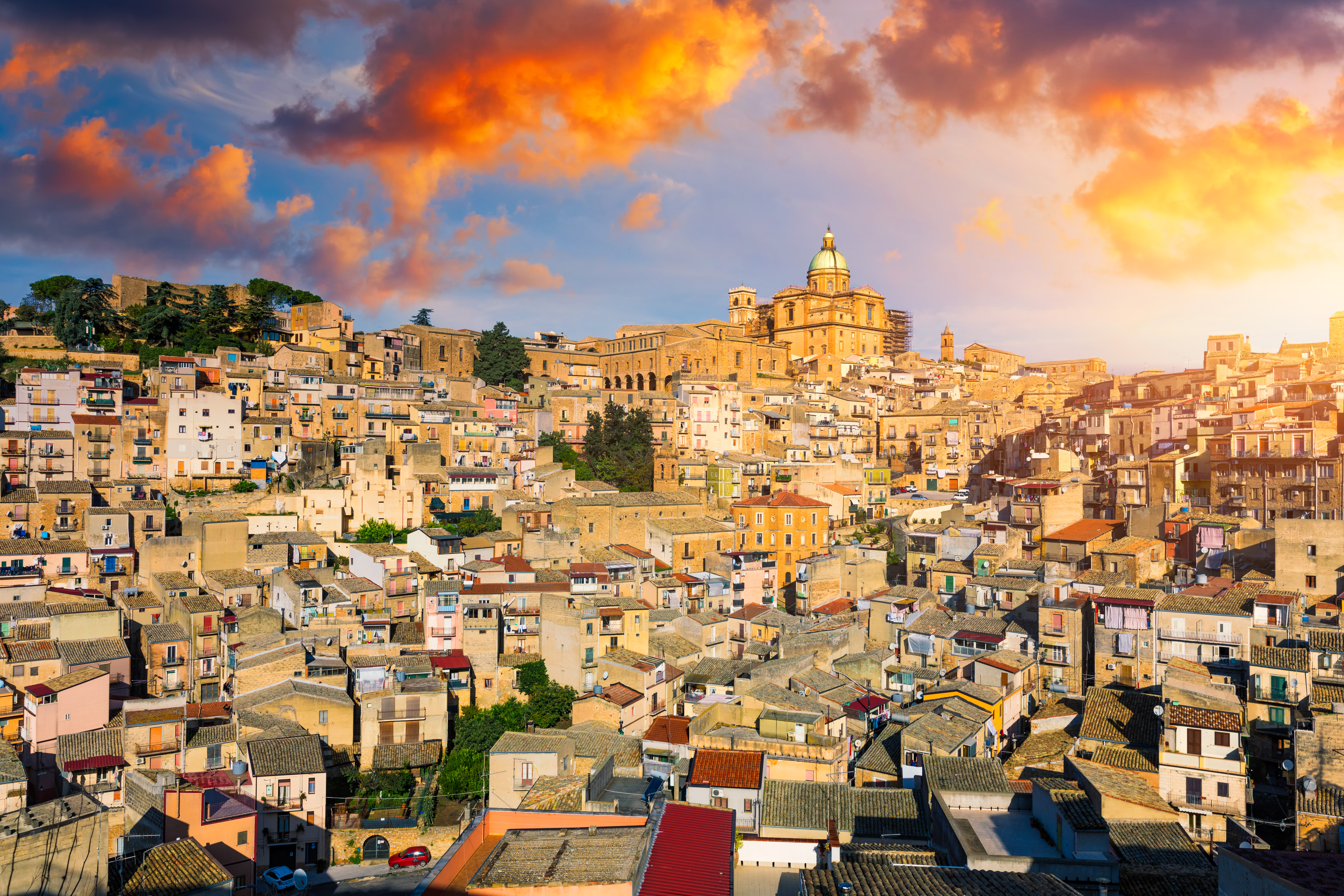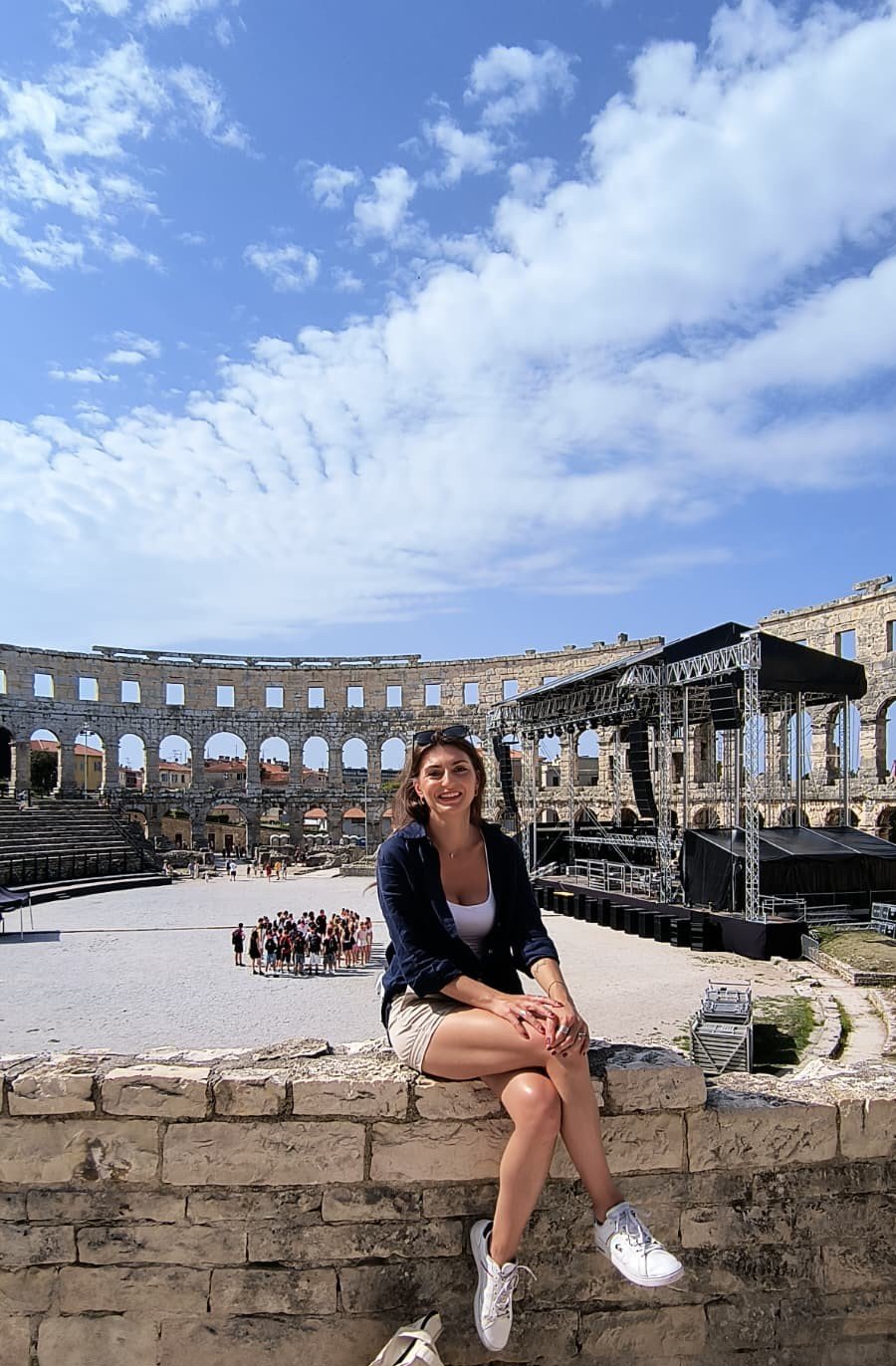For moderate temperatures and smaller crowds, spring or fall are the best times to visit Italy. Summer, however, is ideal for beachgoing, while Italy’s cultural calendar comes alive in winter.
Discover Tailor-Made Italy Vacations
Steeped in history, natural beauty, and world-class cuisine, Italy is one of the planet’s great travel destinations
As the centre of Etruscan civilization, the seat of the Roman Empire, and the birthplace of the Renaissance, Italy is a dreamland for lovers of history and art. But its warm and friendly locals live very much in the present, ready to share la dolce vita with anyone who visits. From the gondolas of Venice to the sun-kissed beaches of Sicily, its attractions will astound. The time to go is now.
Featured Highlights
- Taking in the architectural wonders of Rome, from the Colosseum to the Pantheon
- Gazing on the Raphaels and Botticellis in Florence’s Uffizi Gallery
- Gliding through the canals of Venice in a private gondola
- Sampling the glories of cosmopolitan Milan, from opera to fashion
- Sipping a limoncello after a day of swimming and sunworshipping on the Amalfi Coast
- Wandering through gorgeous Taormina as Mount Etna looms in the distance
Featured Italy Trip Ideas
Italy has inspired travellers for centuries, making it one of the most-visited (and sometimes crowded) countries in the world.How best to experience it on your terms and at your pace? A tailor-made tour with Goway is the answer, allowing you to go beyond the classic, much-trafficked sights to include more personal, less commonplace activities.
Read More
Classic Italy: Rome, Florence & Venice
Venice, Rialto Bridge, Florence, Rome, Colosseum, and Trevi FountainRome & the Splendid Amalfi Coast
Rome, Colosseum, Trevi Fountain, and Amalfi CoastItalian Indulgence: A Culinary Exploration
Tuscany, Rome, Colosseum, and Trevi FountainItaly for Families
Venice, Rialto Bridge, Florence, Rome, Colosseum, and Trevi FountainTuscany & Umbria In Style
Rome, Colosseum, Trevi Fountain, Florence, and TuscanySplendours of Sicily
SicilyDon't see the
perfect trip idea?
Request a custom quote.
Turn your travel dreams into reality with Goway. Our customized vacations take travellers to all corners of the world.
What do Goway's travellers say?
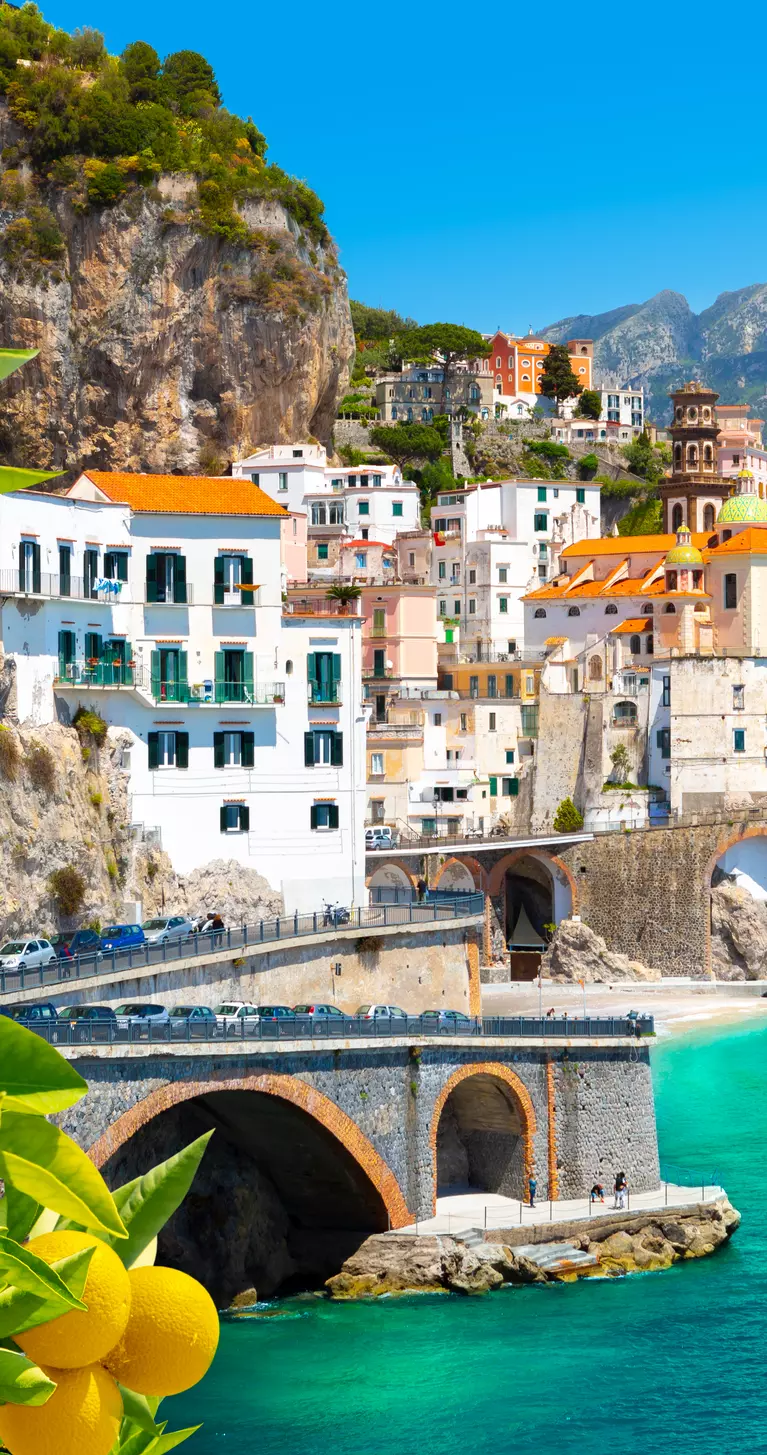
Get to know Italy before you go.
Best Time To Visit
Very much a year-round destination, Italy offers travelers something for everyone, no matter the season.
July and August tend to see the biggest crowds and the highest prices, as the temperatures soar (especially in the south) and everyone (including Italians) hit the beaches. Travel at this time of year usually requires pre-booking to secure your preferred hotel and restaurant picks.
Autumn, meanwhile, is an ideal time to explore the country: The tourist crowds have dwindled and the fall harvests have begun, showcasing the best of Italian food and wine. Celebrations such as Alba’s world-renowned Truffle Festival are among the must-dos for foodies. September to November is also perfect for hikers and bikers to explore the countryside.
Italy’s cities come alive from December to March, the country’s official off season. The cultural calendar from Milan and Venice to Rome and Naples hums with festivals, art shows, concerts and more, from opera at La Scala to the Carnival of Venice. Public squares are especially magical during Christmas and New Year's, when light shows, fireworks displays and live concerts abound. Prices also tend to be at their lowest during the winter months and crowds have dropped to their sparsest.
Spring, finally, is considered by many as the best season to experience Italy. The country bursts into colour after the winter and travellers can enjoy near-empty beaches, shorter lines at famous venues, and cheaper accommodations. Festivals celebrating the planting season abound in the countryside, and hundreds of heritage buildings become open to the public free of charge during the Giornate FAI di Primavera, giving visitors a chance to experience normally off-limits sites.
Whatever the season, Goway can help you make the most of your Italian trip with expert advice on what and when to book. For more information and ideas, visit our guide on the Best Time to Visit Italy.
What do the experts say?
Italy is full of hidden culinary gems, but one place that really stands out is Trattoria di Via Serra in Bologna. It’s beloved by locals for its authentic Emilian dishes like handmade tortellini in brodo and rich tagliatelle al ragù
One unforgettable tradition travelers should try to experience is a sagra—a local food festival that celebrates a specific dish, ingredient, or harvest. These are often held in small towns, especially in the summer and fall, and they offer an amazing window into real Italian life
Italy is not just Rome, Venice, Florence and Amalfi Coast... Every region or small town has its own history, art, traditions, culture, peculiarity
Most tourists don’t realize just how deeply regional Italy is. Not just in terms of food, but also in language, traditions, and identity. Italian culture is really a patchwork of local cultures
Places to Go in Italy
Handcrafted journeys to our most popular places to visit in Italy.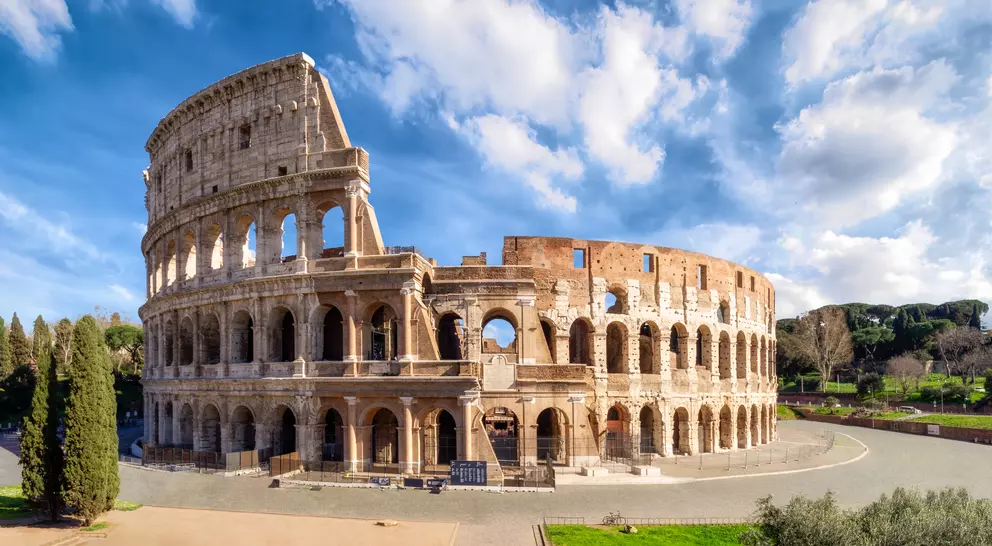
Rome
Rome stands as The Eternal City, a living, breathing museum of epic proportions. This legendary...
Rome stands as The Eternal City, a living, breathing museum of epic proportions. This legendary metropolis on the Tiber River has a history unfolding over nearly the past 3,000 years, and its ancient...
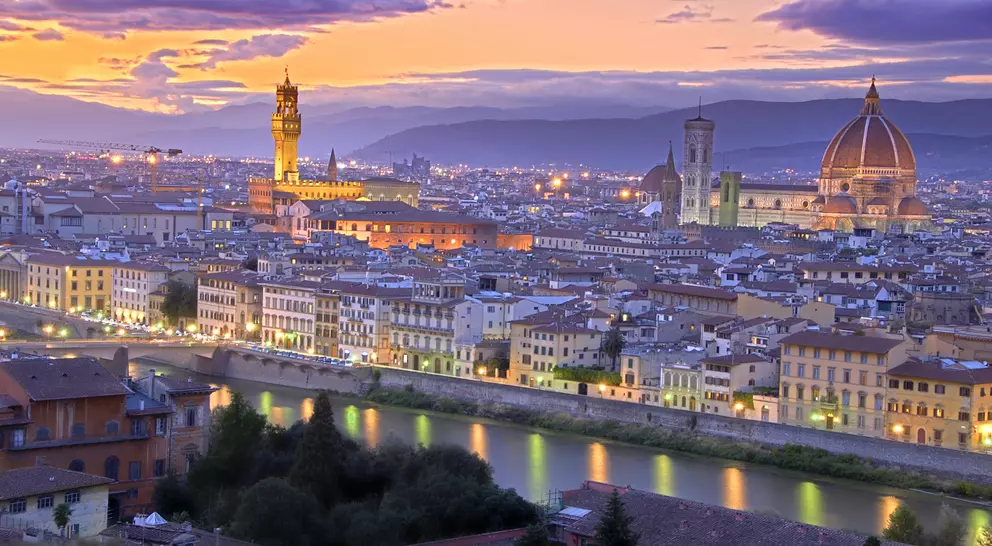
Florence
Florence is a captivating city in the heart of Italy with timeless beauty, rich history, and an...
Florence is a captivating city in the heart of Italy with timeless beauty, rich history, and an unparalleled amount of historical art and culture. Florence's reputation as a veritable art haven is...
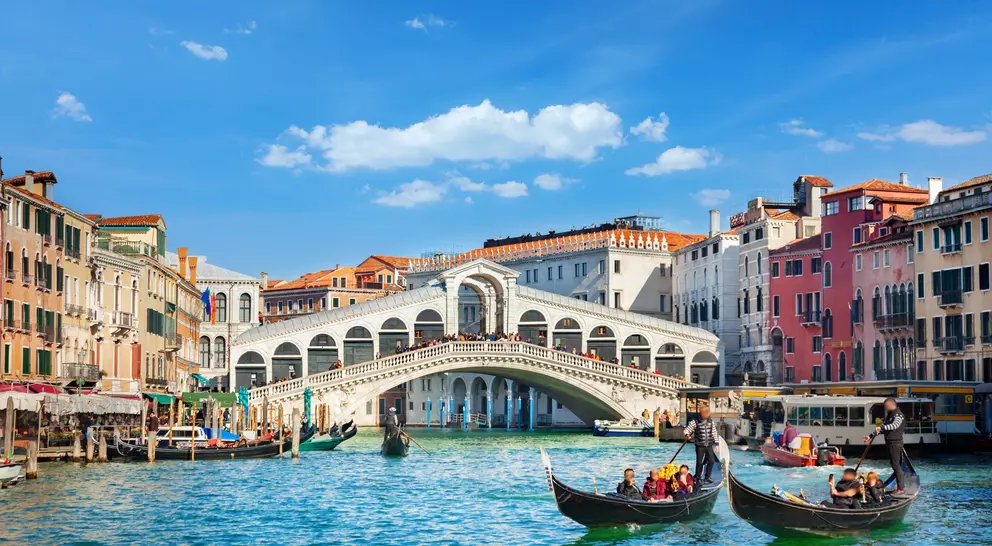
Venice
Venice is an Italian city steeped in timeless appeal, often regarded as one of the most beautiful...
Venice is an Italian city steeped in timeless appeal, often regarded as one of the most beautiful and romantic destinations on the planet. Navigating its tangled streets, free from the chaos of...
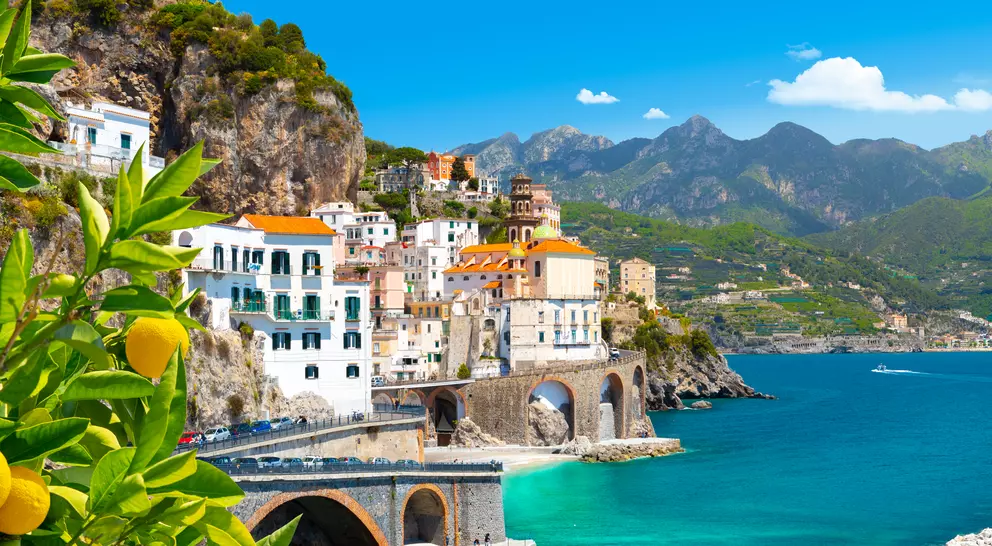
Amalfi Coast
Italy's Amalfi Coast, a breathtaking stretch of coastline along the southern edge of the Salerno...
Italy's Amalfi Coast, a breathtaking stretch of coastline along the southern edge of the Salerno Gulf, is a Mediterranean jewel that will leave you utterly captivated. This UNESCO World Heritage Site...
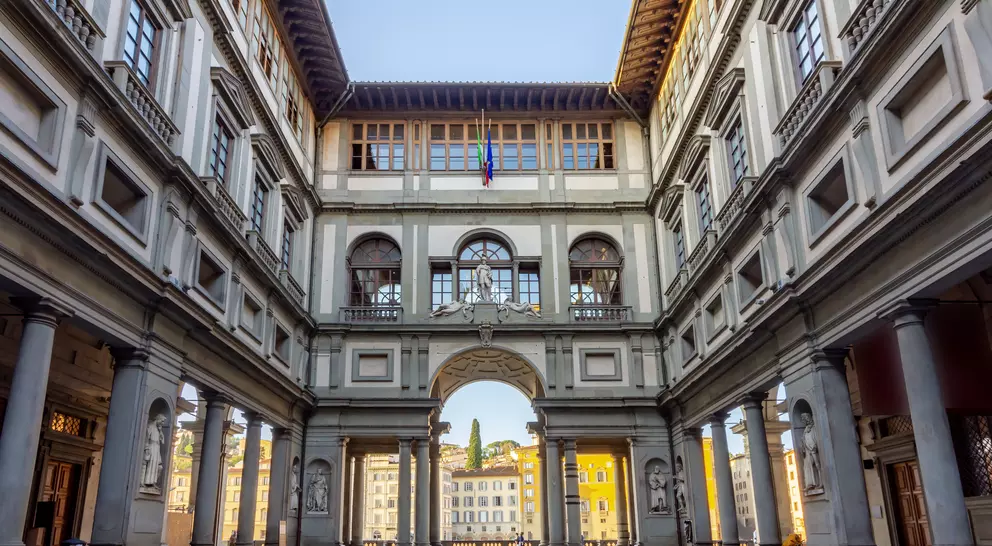
Tuscany
Tuscany rests in the heart of Italy with captivating history and artistic splendour, making it a...
Tuscany rests in the heart of Italy with captivating history and artistic splendour, making it a quintessential destination for globetrotters on an Italian vacation. Tuscany is home to seven UNESCO...
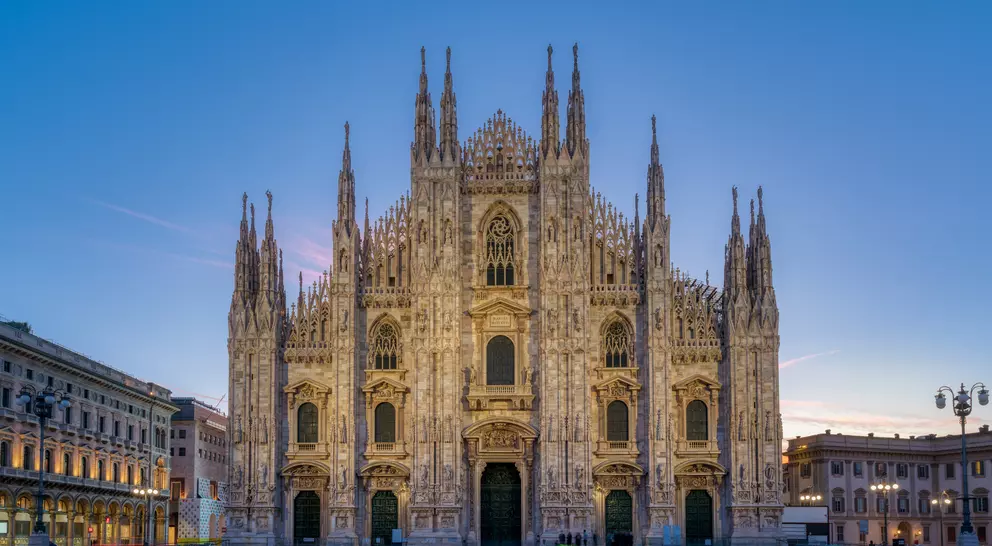
Milan
Milan is more than a financial, commercial, and industrial centre. It is a historical fashion,...
Milan is more than a financial, commercial, and industrial centre. It is a historical fashion, design, and trade fair hub. Milan, Italy’s second-most populated city, is a dynamic metropolis with much...
Travel Styles
Explore Italy by Travel Type
Ways to Travel
Discover your perfect travel style—crafted for every dream and journey.

Themes
Immersive adventures shaped by passion, such as food, culture, wellness, and wild discovery.

Collections
Curated journeys that capture the spirit, beauty, and essence of travel.

Featured
Extraordinary experiences handpicked to inspire, delight, and spark your wanderlust.

Ways to Travel
Discover your perfect travel style—crafted for every dream and journey.

Themes
Immersive adventures shaped by passion, such as food, culture, wellness, and wild discovery.

Collections
Curated journeys that capture the spirit, beauty, and essence of travel.

Featured
Extraordinary experiences handpicked to inspire, delight, and spark your wanderlust.
Frequently Asked Questions
When is the best month to visit Italy?
How many days should I spend in Italy?
With so much to see and do, longer-term stays are rewarded in Italy. Travelers with only a week or two should concentrate their travels to specific cities or regions.
What are the must-see places in Italy?
Italy is packed with iconic places and attractions, but cities and regions such as Rome, Venice, Tuscany, and the Amalfi Coast almost never disappoint.
How much do vacations to Italy cost?
Depending on length of stay and specific interests, the cost of visiting Italy can vary immensely. A Goway travel expert can help you plan your perfect vacation based on your own budget.
Do you offer family or honeymoon trips to Italy?
Goway can tailor your Italian travels to suit your specific needs, including multigenerational family holidays or romantic honeymoons.
Unlock more by subscribing to our newsletter
With our newsletter, you’ll get access to regular communications that inspire you and help you explore the world your way

